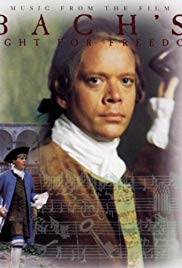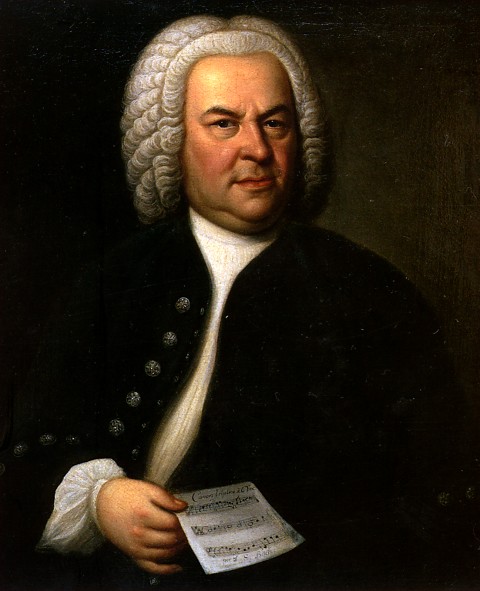The Bach family produced more than 50 prominent musicians over seven generations. In parts of Germany the word Bach was synonymous with the word musician. The most important member of this family was Johann Sebastian Bach (1685 – 1750) who himself had 20 children, seven with his first wife and 13 with his second. Bach was recognized as the greatest organist of his time.
Bach was a prolific composer, bringing to full development musical forms such as the cantata, the passion, the concerto, the orchestral suite, the fugue, the chorale and the fantasia. He infused these forms with delightful counterpoint, rich texture, and beautiful melodies. At the beginning of his career, Bach’s compositions were criticized by church officials for departing from traditional music. Toward the end of his life, Bach’s compositions were considered old-fashioned by the public and for 80 years after his death Bach’s work was generally ignored. (Two notable exceptions were Mozart and Beethoven, both of whom recognized Bach’s genius.) Interest in Bach’s work revived in the middle of the 19th century with a performance arranged by another renowned composer, Felix Mendelssohn.
Bach is considered to be the master of counterpoint, a musical technique that weaves several different melody lines into one another, contrasting, complimenting and harmonizing them.
Bach was very studious and a hard worker. He became blind at the end of this life. According to the legend, this was because, as a young man, he spent many hours studying by dim candlelight.
In the 18th century, great musicians were kept on retainer by great nobles. There was often competition among the nobles over who would be able to keep the best musicians. See also: Amadeus.



